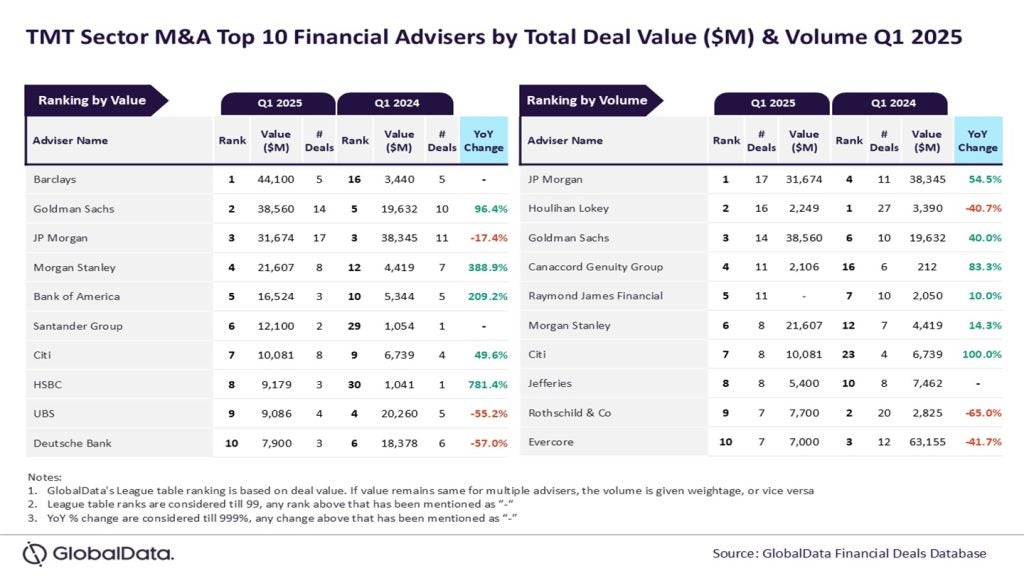
Social media giant Meta is taking edtech into the metaverse by backing the rollout of 14 so-called metaversities announced in the US. The news about the metaversities comes just as the pandemic-fuelled edtech boom seems to be puttering out.
The term edtech refers to the disruption of education by technology. This can happen through a myriad of ways. For instance, it could mean that teachers educate their classes with Zoom or Teams, use VR or automatic grading using artificial intelligence (AI).
So what is the metaverse? Research firm GlobalData defines the metaverse as a virtual world where users share experiences and interact in real-time within simulated scenarios. It will make digital media experiences more immersive, inclusive and accessible than today.
If the metaverse sounds like an empty buzzword for VR, well that’s because that’s basically what a lot of market watchers think it is.
However, that hasn’t prevented almost every tech company from launching their own metaverse, each perfectly tailored to promote a preexisting branch of their business. For instance, Microsoft’s Mesh is based on its capabilities in cloud computing, AI and augmented reality (AR). Facebook-owner Meta, on the other hand, is playing to its strengths by focusing on AI and VR.
Meta can be blamed for having kicked off the entire metaverse craze by pivoting last year from being a singularly social media-focused company and rebranding itself to be a metaverse company.
So, when VR education specialists VictoryXR and VR company Engage XR announced that they’d be spearheading the rollout of 14 metaversities, it shouldn’t surprise anyone that Meta is funding the edtech project. Meta will also donate the VR headsets required to access meta classes, according to EdSurge.
“We want to create an ecosystem for learning in the metaverse,” Monica Arés, Meta’s head of Immersive Learning, told EdSurge. “We want to make sure that not only are we preparing the future workforce to interact with these technologies, but also to build them.”
What is a metaversity?
VictoryXR’s website defines a metaversity as “a higher education university recreated as a digital twin utilising virtual reality in the metaverse.”
In other words, each participating university will be empowered to digitally create their campus. This will include recreating buildings, statues and walkways in a virtual world.
The new campuses will also be “geographically agnostic”. This means students and professors can come together, no matter the distance between their locations or even times.
Students who chose the new VR learning experience will receive VR headsets to access online lectures.
The idea is that these metaversities will be able to operate without limitations imposed on traditional universities by real world time and travel.
“Classes that are taught live by a professor can be recorded and saved in a content library for students to visit and experience later on their own,” VictoryXR explains on its website.
The VictoryXR library will give metaversities access to over 7,000 modelled learning objects to use in classes. The library includes virtual objects like human organs and historical artifacts.
The participating universities confirmed by Victory XR include the University of Maryland Global Campus, California State University, Dominguez Hills, Alabama A + M University, West Virginia University and the University of Kansas.
Morehouse College, Atlanta, Fisk University, Nashville, St Ambrose University, Southwestern Oregon Community College, New Mexico State University, South Dakota State University, Inspired EDU, American High School and Northern Illinois University will also take part in the rollout of metaversities.
It is unclear whether VR tuition will cost more or less than the universities’ in-person tuitions.
Metaversities come as edtech boom seems to be puttering out
The news about the rollout of metaversities comes as the global number of venture capital (VC) deals in the edtech industry seems to be falling after exploding during the course of the coronavirus crisis.
In 2013, edtech deals were worth $836m across just 14 VC deals in the works, according to data from GlobalData. In 2015, that figure grew rapidly to generating $6.5bn across 476 deals. This was the highest all time higg for edtech deals before the pandemic.
After that, the number of deals and the total of capital injected into the sector steadily declined until 2019 when VCs backed the industry with $2.9bn in total across 171 deals.
Those figures shot through the roof over the next two years. Investors injected over $6.6bn into the industry in 2020. In The 2021, 146 deals saw $7.7bn being invested into the sector.
Stay at home orders and increased use of remote learning tools would likely have caused such a steep incline in the edtech industry.
However, it seems that the numbers are dropping again. According to the numbers accessed from GlobalData on August 3, only $2.9bn has been raised by edtech companies across 57 deals so far in 2022.
It remains to be seen whether or not the new metaversities can give the edtech sector another boost.







